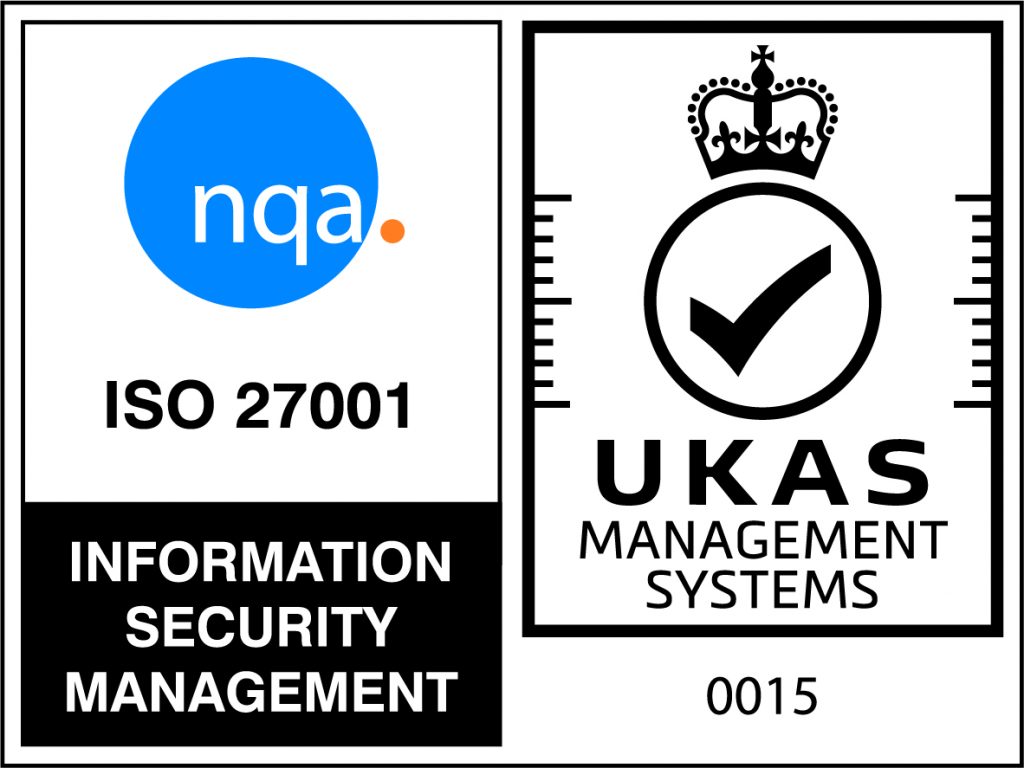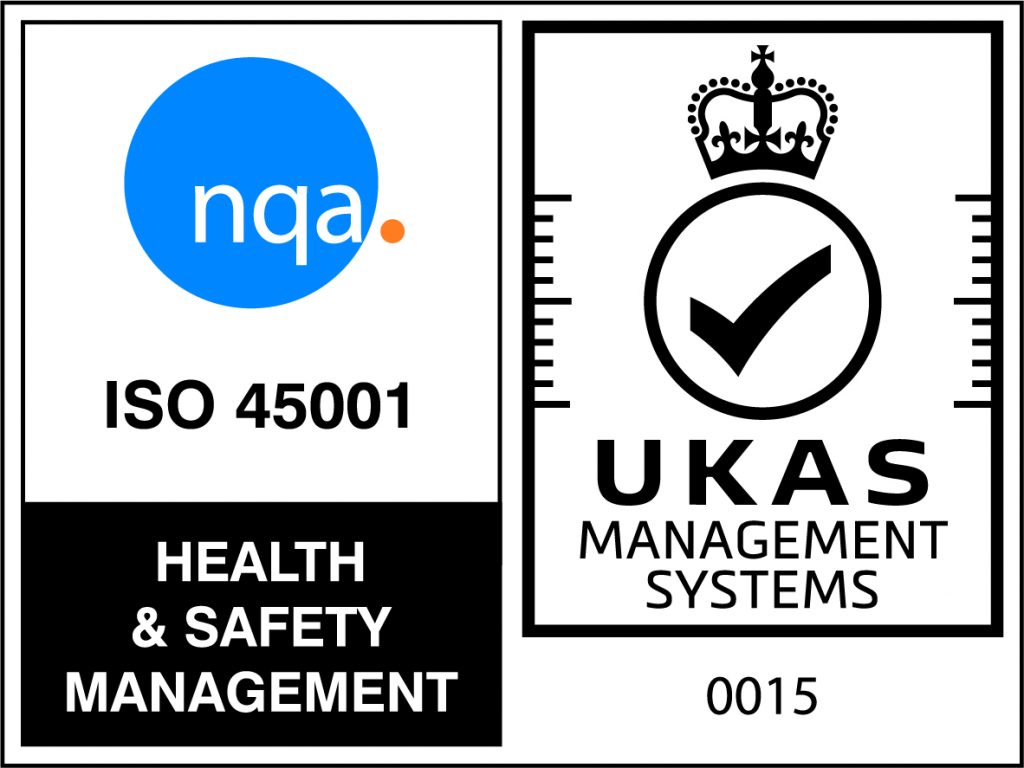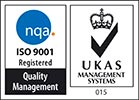There is still a massive stigma against disability within businesses.
People with disabilities feel that there are barriers in the workplace, not only in adjustments and accessibility but also in communication. All of these barriers are costing the lives of the disabled community and businesses as well.
Businesses are the foundation of our society. Not making disability inclusion a top priority is a substantial financial risk, considering the disabled community and their network represent £9.3 trillion of disposable income worldwide. In a post-covid world, businesses cannot afford to ignore this, or else they will suffer a significant loss.
Businesses need a more proactive approach to give themselves the insurance they need to support all stakeholders.
In this blog, we share three practices businesses can adopt to save money in the long term, not the short term.
- Open Communication
Businesses need to facilitate conversations about disability. The sooner these conversations open up, the better for everyone.
Opening up allows key stakeholders to be heard and understood so that the business can make appropriate provisions and adjustments.
More specifically within the workplace, when an employer listens to the needs of their employees, it takes a massive weight off their shoulders – allowing them to detail further what the business needs to do to make a positive impact.
All these details will help businesses make a difference for everyone – ultimately saving costs due to awareness and workplace design.
“Employers have a responsibility to ensure there’s a workplace culture where people can ask for help” – Pippa Stacey.
However, businesses must be well equipped to handle discussions around disability. It can be an extremely uncomfortable conversation for most disabled people.
In fact, just having a conversation about it is the leading barrier in the workplace. Most reservations are focused on how they will be perceived after disclosing their needs.
Businesses and organisations cannot assume that stakeholders are confident in disclosing their disabilities, so opening up the conversation is important.
Practising open communication to assess the needs of all stakeholders will allow businesses to supply appropriate workplace adjustments.
A business should be well equipped with workplace adjustments to provide a level playing field for all staff members.
According to a recent study conducted by the Business Disability Forum, one-third of managers with experience in managing staff with disabilities agreed that organisations need to make provisions for workplace adjustments a top priority at board level.
Why? Well, the same study showed that people felt that workplace adjustments had managed their barriers. 80% of the respondents felt like their adjustments increased their productivity, and 60% said it increased their workplace wellness.
Providing an environment that is accessible and tailored to meet the needs of its employees will foster a productive and prosperous workplace for both employees and employers.
Ensuring that workplace adjustments are applied throughout policies, practices, and physical layouts will support all key stakeholders and, in turn, eliminate sudden costs due to spontaneous disclosures on disability.
- Assistive Technology
Along with workplace adjustments, assistive technology is further addition that businesses need to provide for disabled employees.
The type of technology varies on each disability, which is why supporting disability awareness is so important for efficient business practice.
Since the pandemic, our dependence on technology for conducting business is on the rise, but for people with disabilities, their jobs have always relied on it – which has been the leading barrier that has increased the disability employment gap.
Another study conducted by the Business Disability Forum, called “Assistive Technology In Employment”, has highlighted how fundamental assistive technology will be in putting a plug into the gap. Businesses need to shift their mindsets that assistive technology is a costly employment perk but a tool that will consistently boost productivity.
As Dr Nasser Siabi, CEO of Microlink, states, “Technology opens up opportunities for those who are not instinctive readers or writers. This is not about disability; this is about people having strengths in different areas and skills. If you want people to be their brightest, give them an alternative way to communicate that best suits them.”
- Conclusion
Ignoring a community with such an enormous impact on our society will cost business in the long term. A company or organisation must comply with the law regarding “reasonable adjustments” for all employees.
Businesses all have one thing in common: to meet their goals without wasting time and money.
We help companies save money without sacrificing any time and increase,to productivity by navigating them through the legal requirements of all employees in the workplace. In addition, we supply industry-leading products and services to create a workplace that both employers and employees will prosper in, overall increasing business profitability.


 Back to News
Back to News

















